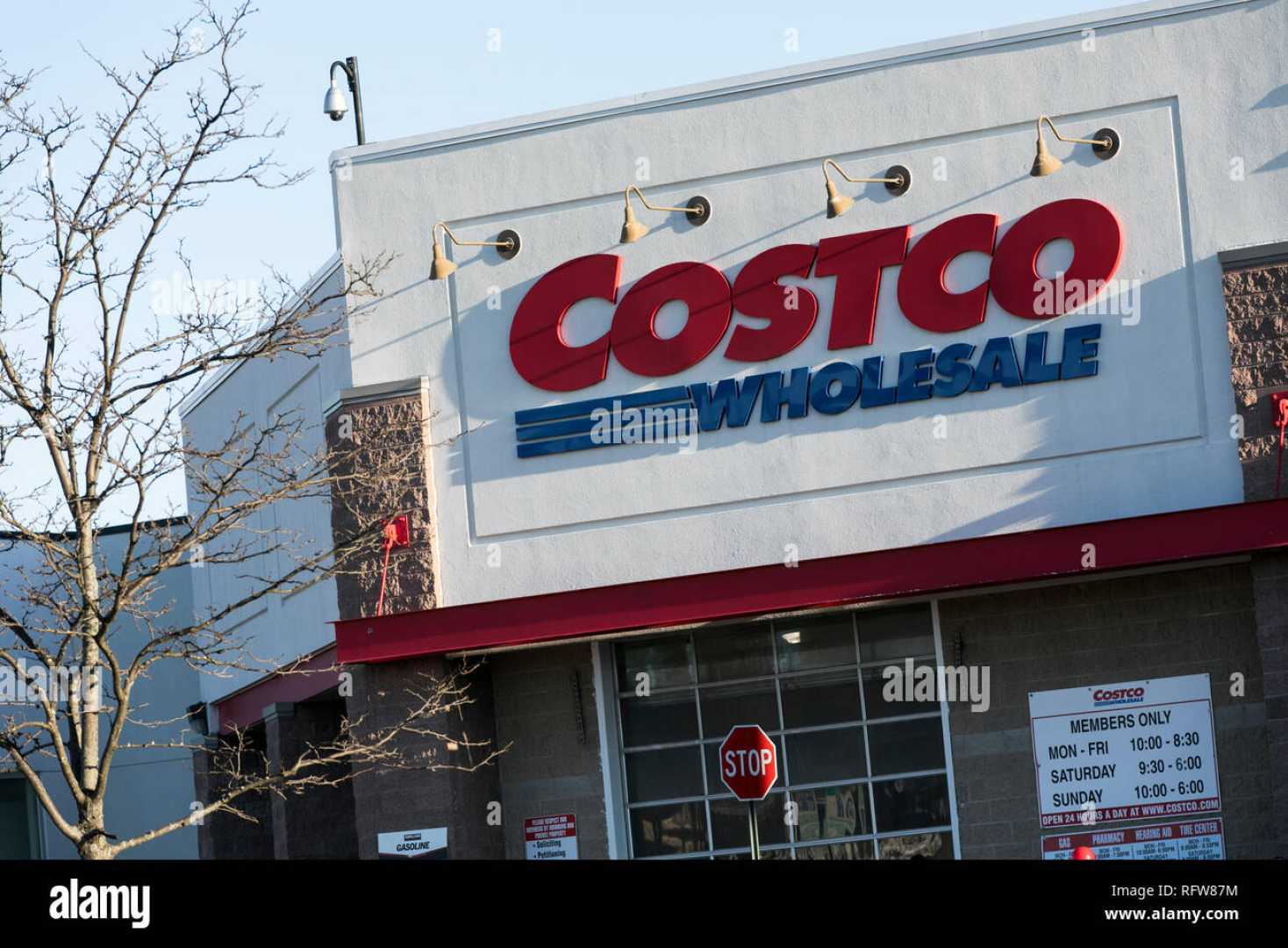Business
Costco Faces Market Challenges Amid Robust Growth Trajectory

SEATTLE, Wash. — Costco Wholesale Corp. is experiencing fluctuations in its stock price, currently at $961.25, as concerns rise about the impact of economic factors, including tariffs, on its earnings. Despite these challenges, Costco has demonstrated remarkable growth over the past five years, with a revenue increase of more than 50% to $254 billion and a stock price surge of over 200%.
The warehouse giant reached an all-time high earlier this year when its stock surpassed $1,000. However, recent weeks have seen a decline in share value, with a decrease of 0.40% on April 3, which raises the question: Should investors buy, sell, or hold?
Costco’s business model relies heavily on membership fees, which contribute significantly to its profits. In the last quarter, the company reported net sales of $62 billion, with merchandise costs amounting to $55 billion. Importantly, the $1.1 billion generated from membership fees involves minimal expense, enabling Costco to offer low prices to consumers.
“Costco has positioned itself to generate substantial revenue before customers even start shopping,” noted an industry analyst. “This strategy not only strengthens its financial base but hedges against potential increases in product costs resulting from tariffs.”
While about a third of Costco’s U.S. sales depend on imports, items from countries previously targeted by tariffs—namely China, Canada, and Mexico—comprise less than half of that total. Although the tariffs could increase prices for certain goods, the analyst suggests that Costco’s robust membership model provides a buffer against profit erosion.
“In uncertain economic times, consumers are likely to maximize their memberships,” the analyst added. “With low prices, Costco becomes an appealing choice, particularly when budgets are tight.” Evidence suggests that Costco maintains a renewal rate exceeding 90%, indicating strong customer loyalty.
Costco’s resilience amidst economic downturns can be observed during past recessions, where its earnings have generally fared better than those of competitors. The company’s proactive strategy allows it to maintain affordability while managing costs effectively.
As the market continues to navigate uncertainties, analysts remain divided on Costco’s stock valuation. With a price-to-earnings ratio of 52 times projected earnings, some may find the stock too expensive, especially given its past trading at 60 times earnings.
“While Costco’s current valuation may appear high, its demonstrated ability to sustain growth and maintain customer engagement could justify the premium,” stated a financial advisor. “Investors should weigh their strategies carefully.”
Ultimately, whether Costco’s stock is categorized as a buyer’s opportunity or a hold for stability depends on individual investment philosophies and market outlooks. Those interested in long-term growth may consider Costco a merchant worthy of patience, while bargain hunters might find better alternatives in the current market.
As of now, Costco remains a competitor in the retail sector, focusing on affordable prices and vast product selections while navigating the complexities of the post-pandemic economy.












